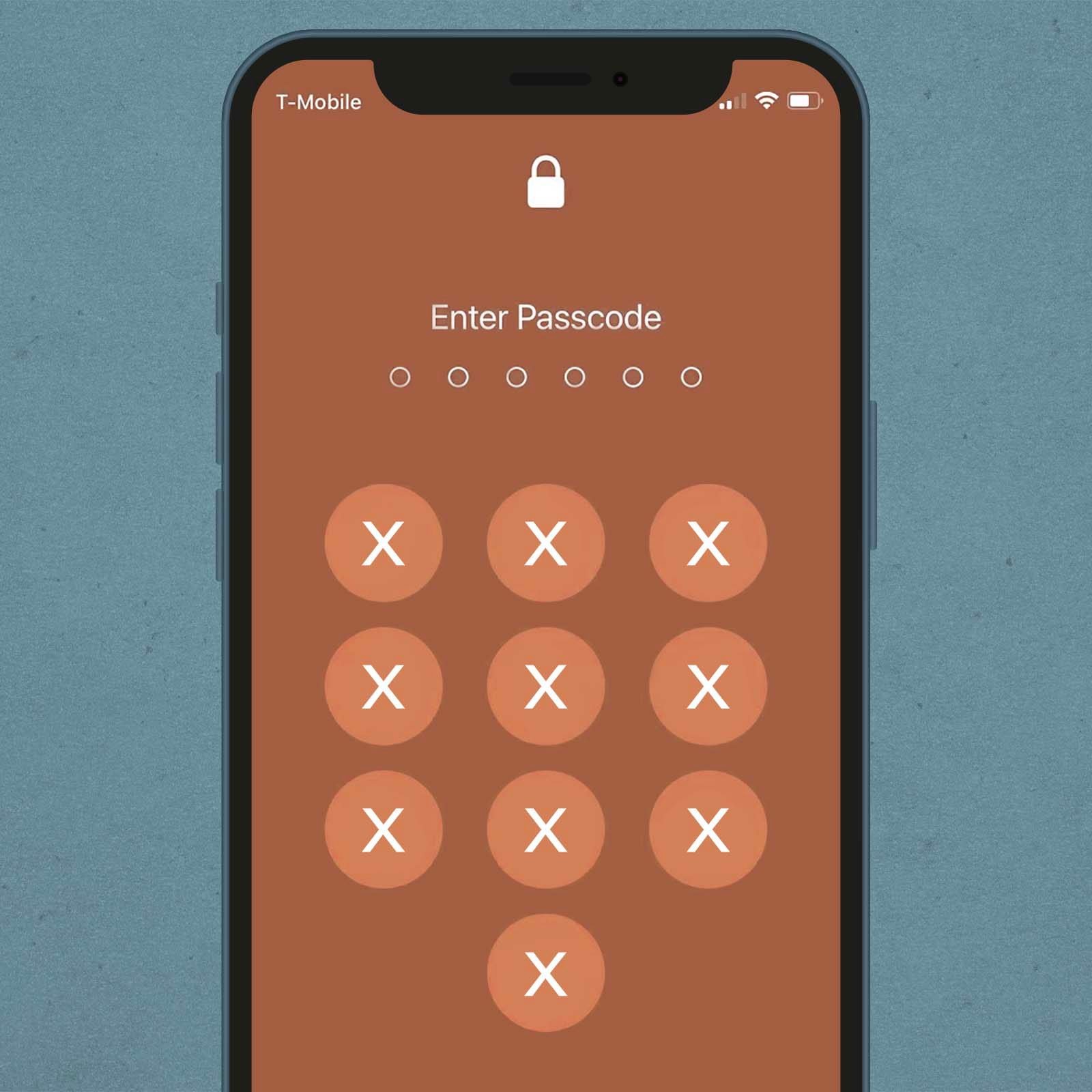Apple has released its highly anticipated iOS 17 update for iPhones, and it comes packed with a range of new and improved security features. This update specifically aims to protect iPhone users who are at a higher risk of cyberattacks and spyware, including journalists, activists, and human rights defenders. However, there are also features that cater to the wider population, such as anti-web tracking and enhanced password security.
Key Takeaway
iOS 17 brings a range of new security and privacy features to iPhones. These features, including Lockdown Mode enhancements, anti-web tracking capabilities, improved password sharing, check-in safety, and Live Transcription, aim to protect users from cyberattacks, safeguard their privacy, and enhance their overall experience with Apple devices.
New Protections in Lockdown Mode
One of the significant additions to Lockdown Mode in iOS 17 is the compatibility with Apple Watch, not just iPhones, iPads, and Macs. This extension of Lockdown Mode is crucial as recent exploits have shown that Apple Watch owners are vulnerable to spyware attacks. With Lockdown Mode, certain features like iMessage and HomeKit are selectively turned off, making it significantly more difficult for spyware makers to gain unauthorized access to the device and steal data.
Furthermore, Lockdown Mode now automatically removes geolocation data from shared photos. This adds an extra layer of privacy, ensuring that sensitive location information is not unintentionally shared with others.
Another noteworthy feature of Lockdown Mode is its ability to prevent automatic connections to non-secure Wi-Fi networks. This safeguard protects users from potential network vulnerabilities that could allow malicious actors on the same network to analyze iPhone’s network traffic. Additionally, Lockdown Mode also blocks connections to 2G cellular networks, safeguarding users against various cellular-based exploits often employed by law enforcement using devices like stingrays.
Enhanced Anti-Web Tracking
iOS 17 introduces improved anti-web tracking features in its Safari browser. The browser now strips tracking information from web addresses that could be used to uniquely identify a user’s device and track their online activities. By doing so, iOS 17 makes it more challenging for websites and advertisers to monitor a user’s browsing behavior across different sites.
Users have the option to enable this feature in Safari settings for private browsing or apply it to all browsing sessions for a more comprehensive privacy protection. Notably, this update is designed to have minimal impact on the overall browsing experience.
Additionally, iOS 17 now includes a default lock on private browsing tabs, requiring the device owner to use face or fingerprint recognition before accessing their private tabs. This added layer of security ensures that sensitive browsing activities remain confidential.
Check-In Safety Features and Protection Against Scammers
Passkeys, which serve as a phishing-resistant password replacement, have been further improved in iOS 17. Passkeys allow users to log in without worrying about their passwords being compromised. In this update, passkeys can now be shared with friends and family. The sharing process utilizes end-to-end encryption, ensuring that only the intended recipients can access the shared passkeys and passwords.
Another new feature, Check-In, allows iPhone owners to share their estimated time of arrival with friends. This feature continuously monitors the user’s real-time location and automatically alerts their friends if any suspicious activity is detected. By encrypting the location data end-to-end, third-party apps that have previously sold users’ location data to advertisers and data brokers become unnecessary.
Finally, iOS 17 introduces Live Transcription for users who wish to avoid unwanted spam or scam calls. Instead of answering or declining a call, Live Transcription converts the caller’s voice into real-time text displayed on the screen. This feature enables users to screen calls without engaging with potentially harmful or unnecessary conversations.

























